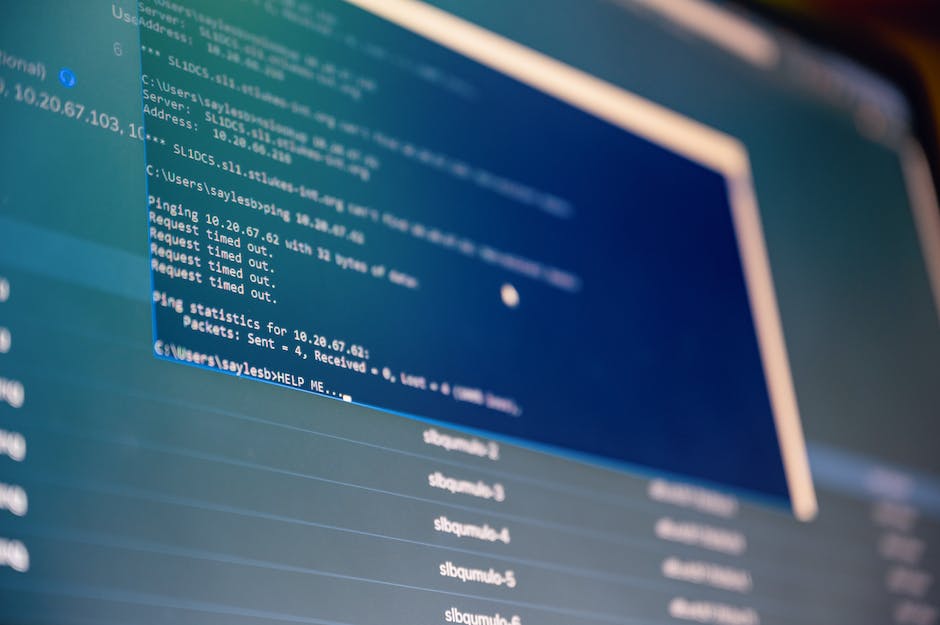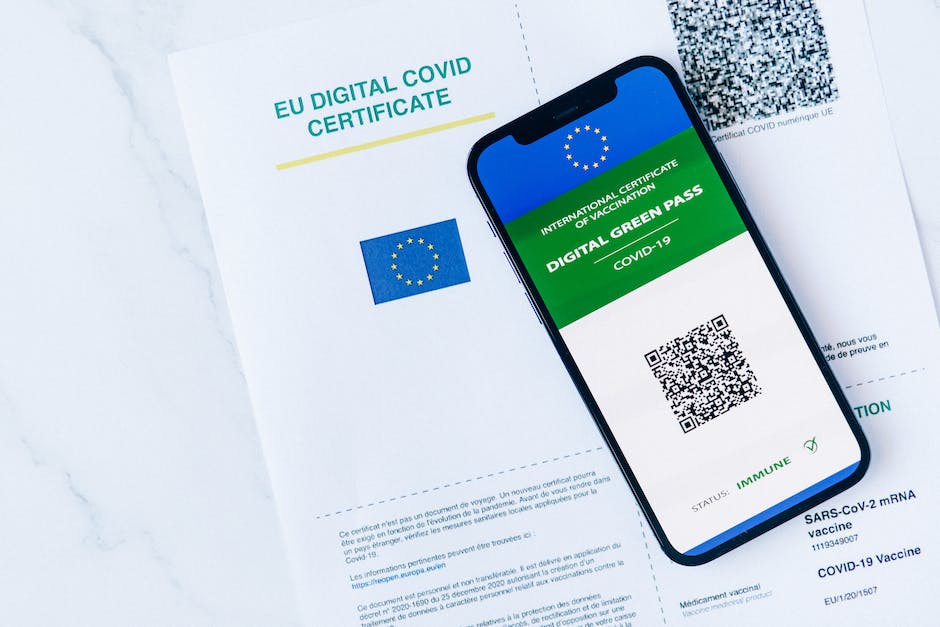In an ever-evolving digital landscape, securing your computer against malicious threats has become a necessity. With a myriad of antivirus software available, making an informed choice can be a daunting task. This extensive guide delves deep into the world of antivirus software, dissecting its operation principles, the importance of specific features, and an in-depth comparative analysis of various leading antivirus programs. Embarking on this exploration will equip you with essential knowledge to understand and appraise antivirus software from an informed perspective.
Contents
Understanding Antivirus Software
Let’s not mince words here, we have a problem. In a world inextricably hardwired into the tech matrix, security threats are at an all-time high. Software damages can have massive implications, starting from financial losses to tarnishing online reputation. So, we need a hero, a line of defense, a protector of our precious digital data, and that’s where antivirus software steps into the limelight.
Antivirus software is a unique breed of programs, designed specifically to defend computer systems against the myriad of digital threats. These include viruses, malware, ransomware, spyware, and other dangerous forms of predatory cyber attacks. It acts as a digital security guard, vigilantly scanning for signs of intrusion and swiftly responding to neutralize the threat.
Now, let’s peel apart the mechanics. How does antivirus software keep the cyber boogie man away?
First, there’s something called a signature-based detection. This mechanism relies on a vast library of malicious software ‘signatures’, basically recognizing the unique patterns of known viruses. When a new pool of potential threats come knocking at the door, the software strikes a match with the existing database, identifying and weeding out the harmful entities.
Secondly, we have heuristic-based detection. This one’s a little fancier. It doesn’t solely depend on pre-existing knowledge but also applies algorithmic learning to uncover previously unidentified threats or new variants of existing ones. It’s like training a sniffer dog to understand the characteristics of illegal substances, making it capable of detecting unknown items that bear similar traits.
Another tool in the antivirus arsenal is the sandbox. Antivirus software isolates suspicious applications in a contained virtual realm, preventing potential threats from merging with the system files. Once safely confined in this antivirus zoo, they’re thoroughly tested and analyzed to identify any malicious intent.
Behavior-based detection, on the other hand, keeps a keen eye on the conduct of applications, looking out for odd behaviors or activities that stray from the norm. It’s the digital equivalent of a neighborhood watch looking out for suspicious activities, ready to mitigate potential disaster.
Lastly, we have the data mining approach that uses sophisticated technologies like machine learning and big data analytics to predict, identify, and neutralize potential threats. Sounds very Minority Report, right? In this method, the bigger the security data pool, the better the chance of spotting patterns and trends of cyber-attacks.
While it does sound impressive, and it is, no defense is ever impenetrable. It’s important to remember that antivirus software is only one piece of the cybersecurity puzzle. Complement it with other layers of protection, from firewalls to safe browsing habits and keeping the system updated. Cybersecurity is, and will always be, a game of vigilance. It’s a world where ‘Paranoid Android’ does not remain just a groundbreaking Radiohead album title but becomes an essential state of being. And our trusted antivirus software? It’s our first line of defense in the arduous journey through this digital battlefield.

Critical Features of Antivirus Software
Though antivirus software has evolved significantly over time, it’s still worth discussing additional features to consider when evaluating these programs. The digital landscape is ever-shifting, and as a result, what you need from your antivirus software may also be changing.
The Ability to Handle Zero-Day Attacks
A zero-day attack can exploit an unknown, unpatched vulnerability in software. These attacks are often unpredictable, adding a layer of complexity for antivirus solutions. Therefore, the technology you depend on should have defenses against these unexpected threats. Features like automatic updates and real time defense provide continuous protection, preventing zero-day attacks from succeeding.
Email Protection
Email remains a primary method for disseminating malware. Thus, email protection is a fundamental feature your antivirus software should have. It should scan incoming and outgoing emails for malicious attachments or suspicious links. An even better software would incorporate anti-spam features to clear out junk mail containing potential threats.
Privacy and Identity Protection
With data breaches increasingly common, your antivirus software should also help protect your personal information online. Features such as VPNs for anonymous browsing and password managers for secure access control can go a long way in shielding your digital identity from prying eyes.
Ease-of-Use
Even for someone fluent in tech, an antivirus software can be a complex tool. Therefore, usability is a key consideration. Navigating through menus should be intuitive, and you shouldn’t have to strain your brain performing basic functions. Moreover, good software offers transparent communication about its operations. That means easy-to-read summaries of scans, alerts about potential threats, and clear instructions for any actions needed.
Scalability and Compatibility
Your antivirus software needs to keep up with your growing tech ecosystem. It should be fully capable of protecting not just your computer, but all your devices – smartphones, tablets, and other internet-connected gadgets. Seamless integration with various platforms (Windows, macOS, Android and iOS) ensures a comprehensive defense barrier.
Effective Customer Support
Lastly, remember that even the best antivirus software can encounter problems, and when that happens, you don’t want to be left alone in the digital woods. Effective customer support, including live chat, email support, detailed knowledge bases, and community forums, is invaluable should you encounter issues or have questions.
By considering these factors, you’ll be best equipped to find the antivirus software that is most suitable to protect your digital life. Given the increasing sophistication of cyber threats, settling for basic protection just doesn’t make sense anymore.

Comparing Popular Antivirus Programs
In a world where there’s an overwhelming array of antivirus software readily available, the pressing question remains – which one will effectively cater to my security needs? This is not a simple decision; rather it’s a complex one that requires an understanding of each antivirus offering’s performance and protection capabilities.
Consumers are spoilt for choice with the intense competition among antivirus products, such as Norton, Bitdefender, McAfee, and Kaspersky, just to mention a few. All are designed with one purpose – to detect, thwart, and eradicate malicious software. However, the efficiency, performance, and protection vary considerably.
In terms of efficiency and ability to handle zero-day attacks, Bitdefender and Norton have been consistently ranked at the top. Bitdefender boasts advanced threat defense which uses a technique called behavioral detection to closely monitor active apps, stamping out anything erratic. Norton, on the other hand, prides itself in its SONAR Protection feature which efficiently aids in the detection and neutralization of zero-day attacks.
Next, let’s address the email protection capability of popular antivirus software. Both Kaspersky and McAfee score heavily on email protection. Kaspersky lab’s anti-spam filter integrates nicely with email clients, providing a seamless protection experience. McAfee boasts a robust spam filter that integrates with Outlook, seamlessly safeguarding your emails from malicious software and unwanted spam content.
Protection of privacy and identity is another key feature of a robust antivirus solution. On this front, Bitdefender and Norton edge out the rest. Norton provides a full-featured suite of tools designed to protect your identity and online transactions, even offering a money-back guarantee. Bitdefender again flexes its strength with a comprehensive module, the Privacy Firewall, adequately designed to ward off online identity-intimidation threats.
When it comes to ease of use, McAfee and Kaspersky take the lead with intuitive UI design and ease of navigation. Their channels for updating and running scans are simple, making them relatively user-friendly for non-tech individuals.
In the realm of scalability and compatibility, Norton and Bitdefender have the upper hand once again. Both antivirus software effectively scale to protect multiple devices, offering compatibility across varying operating platforms, including Windows, macOS, Android, and iOS.
Finally, an antivirus software’s effectiveness is highly reliant on its customer support and services. Here, Bitdefender bags the trophy with its detailed online support, live chat service, and availability of localized phone support. Kaspersky follows closely with 24/7 phone support and live chat, while Norton and McAfee also offer decent customer support.
Choosing the right antivirus software boils down to individual specific needs. Ensure you match your needs to the distinct strengths of each software’s offerings. Despite their advanced features, remember, no antivirus is absolute – it’s merely a line of defense in a wider, comprehensive cybersecurity strategy.

After unraveling the intricacies of antivirus software and analyzing top contenders in the market, the realization dawns that there is no ‘one-size-fits-all’. Rather, the choice of antivirus software is a subjective one, contingent on individual user demands, budget considerations, and system requirements. Ultimately, arming oneself with correct information and diligent research should guide you to find the antivirus program that best aligns with your needs, assuring robust protection in this perpetually evolving cyber landscape.
